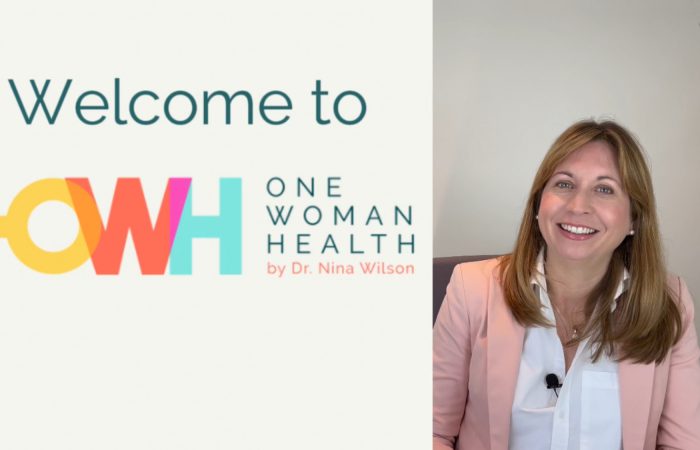Some women experiencing menopause might struggle to get the help they need from their GP. Here’s 3 reasons why:
MISINFORMATION: From the early 2000s, sensationalist reporting of research findings into HRT has amplified the perceived risks and misinformed the medical profession. This has scared a generation of women and misled a generation of medical professionals into believing there is little that can be offered to treat the menopause safely. It’s a huge leap forward for women and doctors that the correct information is finally being publicised and incorporated into training. Experts have debated the flaws in the original research and further studies have revealed that for most women, the benefits of HRT far outweigh the risks not only for control of menopausal symptoms but also in terms of long term health. Starting HRT between the ages 50-60 reduces the risk of death from any cause and in particular reduces the risk of heart disease and thinning of the bones.
A SYSTEM UNDER PRESSURE: The average duration of menopausal symptoms is 7 years. GPs are typically allowed 10-15 mins per consultation! As a menopause specialist regularly consulting with women experiencing menopause, I can say there is a lot to cover in a consultation. Exploring a woman’s specific symptoms, discussing the aims and options for treatment, what to expect, how to use treatment and what to report back takes time. It’s clear from the average duration of symptoms that if a woman decides to start treatment, she may well be using it for many years to come. Decisions like this should not be rushed. Our GPs are working in circumstances that are tougher than ever. In a post-Covid NHS, the whole system is struggling to meet demand, waiting lists are growing in primary and secondary care, and appointments are short. This is inevitably creating a barrier for women who need help or advice about menopause.
EMBARRASSMENT: Menopause can affect the most fundamental parts of who we are: our mood, our relationships, our sex lives. The impact it can have on the most intimate parts of our life can make it difficult to talk about. For example, 80% of menopausal women experience vaginal symptoms, but only 8% seek treatment for it despite it being safe for the majority of women and easily available.
The truth is, women have told me it takes a lot of courage to see someone they may have never met, in a short appointment when they know others are waiting. The numbers show us just how off-putting this is. This is where it can be extremely reassuring to know you have time with a specialist who will understand straight away what you are experiencing, will get to know you, get you started on the right treatment and who you can see again next time. I’m launching One Woman Health by Dr. Nina Wilson, the clinic giving women in midlife access to the time they deserve with a specialist, with evidence based advice and treatment for menopause and perimenopause. Contact me for more information at info@onewomanhealth.com or book a consultation online
Watch my Facebook Live on 29th November at 6pm with the group Menopause/chitchat “I never used to be like this!” as we discuss the difficulties women have had receiving treatment from their local surgeries and what we can do about it individually and nationally.


